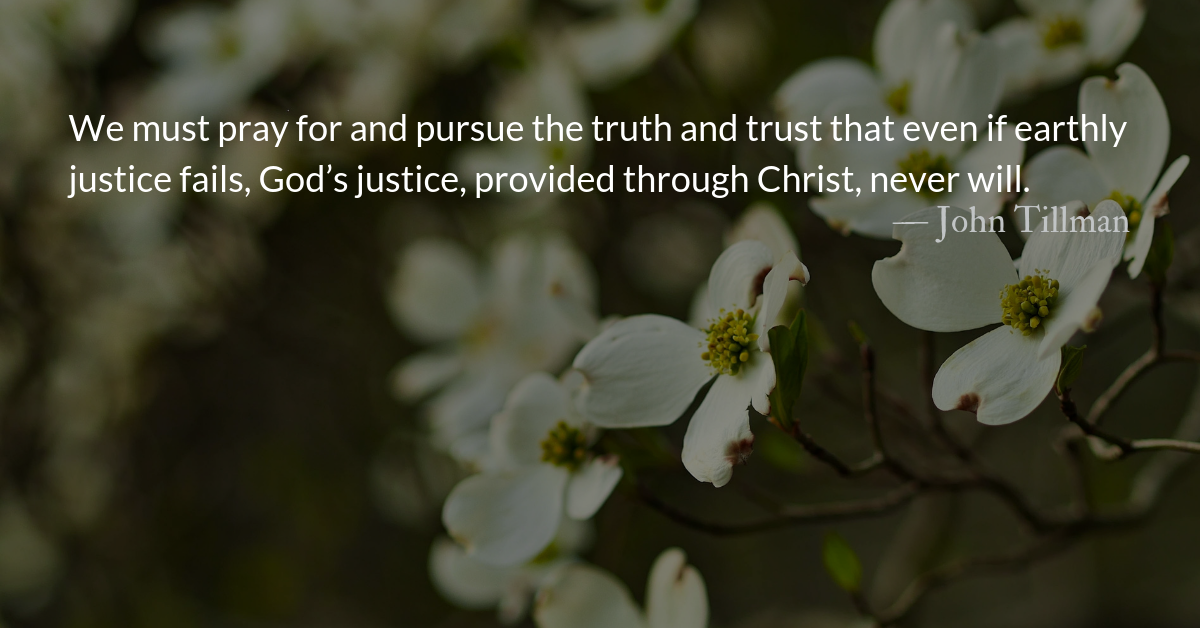Links for today’s readings:
Read: Leviticus 6 Listen: (4:17) Read: Acts 3 Listen: (3:33)
Scripture Focus: Leviticus 6.1-7
1 The Lord said to Moses: 2 “If anyone sins and is unfaithful to the Lord by deceiving a neighbor about something entrusted to them or left in their care or about something stolen, or if they cheat their neighbor, 3 or if they find lost property and lie about it, or if they swear falsely about any such sin that people may commit—4 when they sin in any of these ways and realize their guilt, they must return what they have stolen or taken by extortion, or what was entrusted to them, or the lost property they found, 5 or whatever it was they swore falsely about. They must make restitution in full, add a fifth of the value to it and give it all to the owner on the day they present their guilt offering. 6 And as a penalty they must bring to the priest, that is, to the Lord, their guilt offering, a ram from the flock, one without defect and of the proper value. 7 In this way the priest will make atonement for them before the Lord, and they will be forgiven for any of the things they did that made them guilty.”
Matthew 5.23-24
23 “Therefore, if you are offering your gift at the altar and there remember that your brother or sister has something against you, 24 leave your gift there in front of the altar. First go and be reconciled to them; then come and offer your gift.
Reflection: Jesus Is as Serious as Leviticus
By John Tillman
Leviticus treats sin both as an issue between God and the worshiper and between the worshiper and other humans, not as one or the other.
Sins toward God are dealt with solely through the priest, the sacrifices, and worship. But not all sins are solely toward God and not all sacrifices or actions required for worship are directed towards God.
Jesus reinforced this teaching. He taught that wrongs between humans should be reconciled before reconciling oneself to God. “First go and be reconciled to them; then come and offer your gift.” (Matthew 5.24)
Think for a moment how impractical this was. You travel several days to Jerusalem and purchase an overpriced goat from the money changers. Right before the sacrifice, you remember that your neighbor is angry about a lost mule they loaned to you. To follow Jesus’ command, you leave the goat with the priest, travel several days home, make restitution to your neighbor (consistent with the instruction in today’s passage), and then return to Jerusalem to deal with your sin before God. Is Jesus being serious here?
Perhaps Jesus was engaging in some hyperbole. Perhaps the point would be to make sure you restore relationships with humans before coming before God. Even if we think Jesus was being metaphorically exaggerative, it is clear that in the New Testament and the Old, restitution is part of the process of forgiveness. When it comes to restitution, Jesus is as serious as Leviticus.
It is an abuse of the Christian concept of forgiveness for people to say to their victims, “Jesus forgave me. Why can’t you?” A victim may grant forgiveness as part of their act of worship. Those who do harm must make restitution as part of theirs.
It is not possible to restore every kind of damage. Even the value of a lost mule could be debated. And what if the wrong we have done transcends a financial cost? How do we calculate the cost of someone’s broken heart, hurt feelings, depression, anxiety, or rage?
We need the Holy Spirit’s help in making or receiving restitution. But if we try to dodge our responsibility to at least attempt to restore wrongs, it shows that we have not truly repented of our sin.
Ask God to guide you in necessary restitution and to desire wholeness for your victims more than you desire forgiveness for yourself.
Divine Hours Prayer: The Cry of the Church
Be, Lord, my helper and forsake me not. Do not despise me, O God, my savior. — The Short Breviary
– Divine Hours prayers from The Divine Hours: Prayers for Springtime by Phyllis Tickle.
Read more: Waiting at the Beautiful Gate
Jesus didn’t give us the Holy Spirit for warm, fuzzy feelings in our sanctuaries. The Holy Spirit is given to us to heal
Consider Supporting Our Work
To deepen and continue our ministry, we need to increase our monthly donors at any level. Would you consider being a monthly supporter? As little as $5 a month can make a difference.




